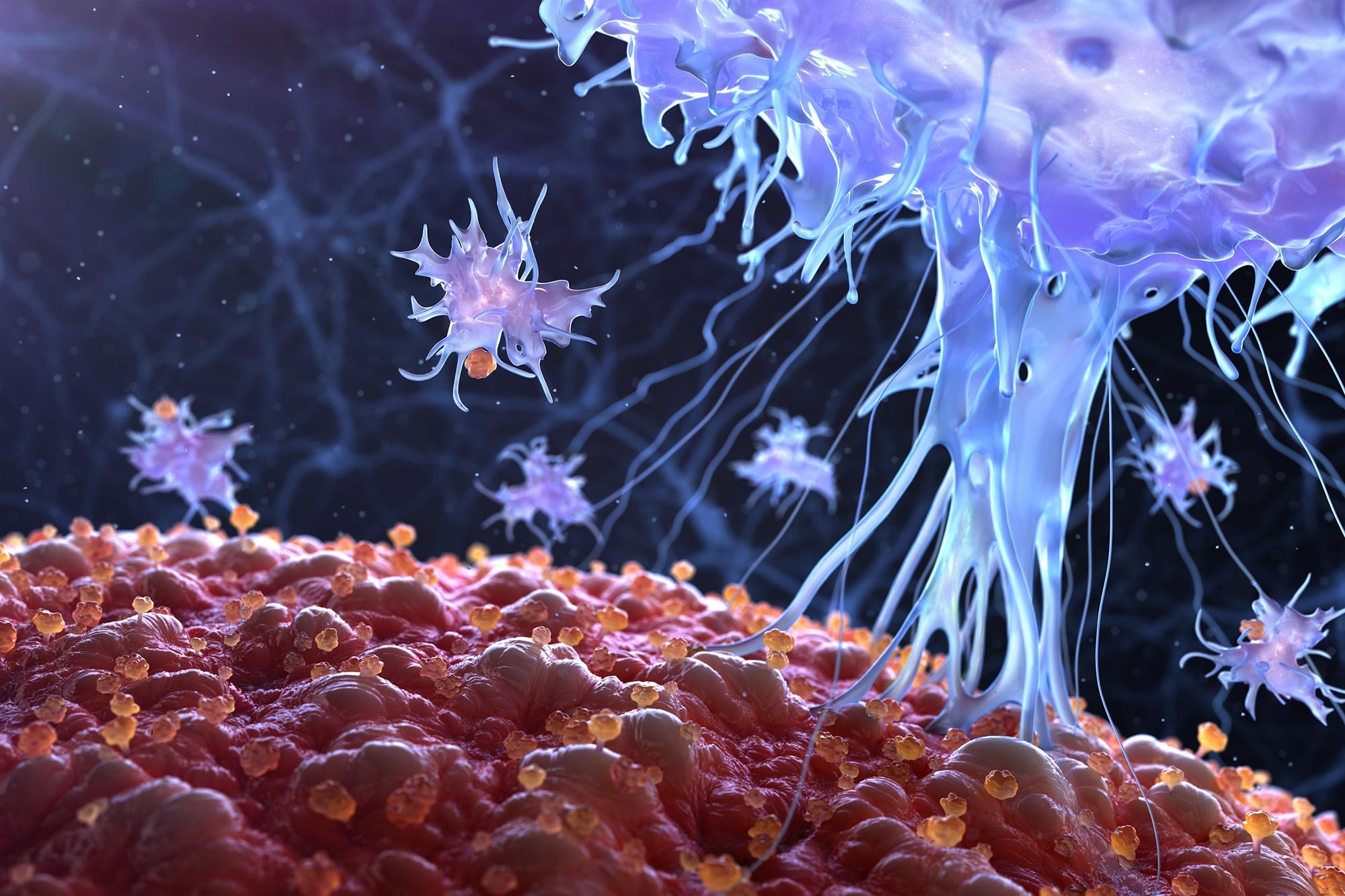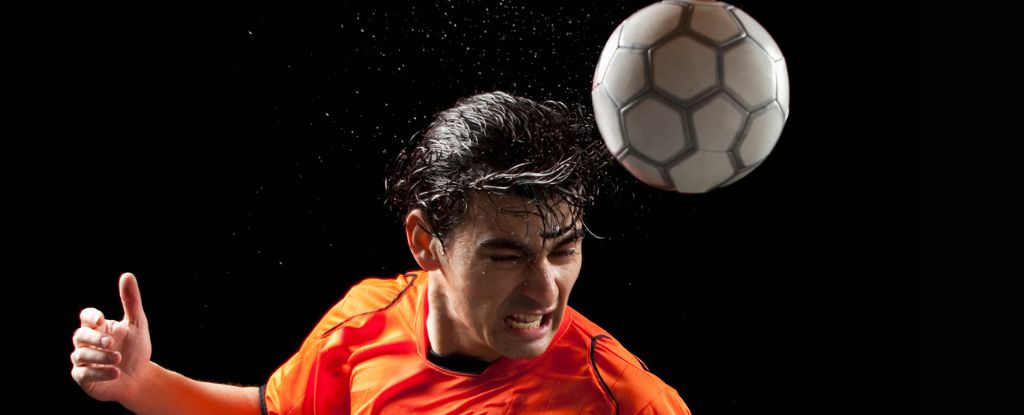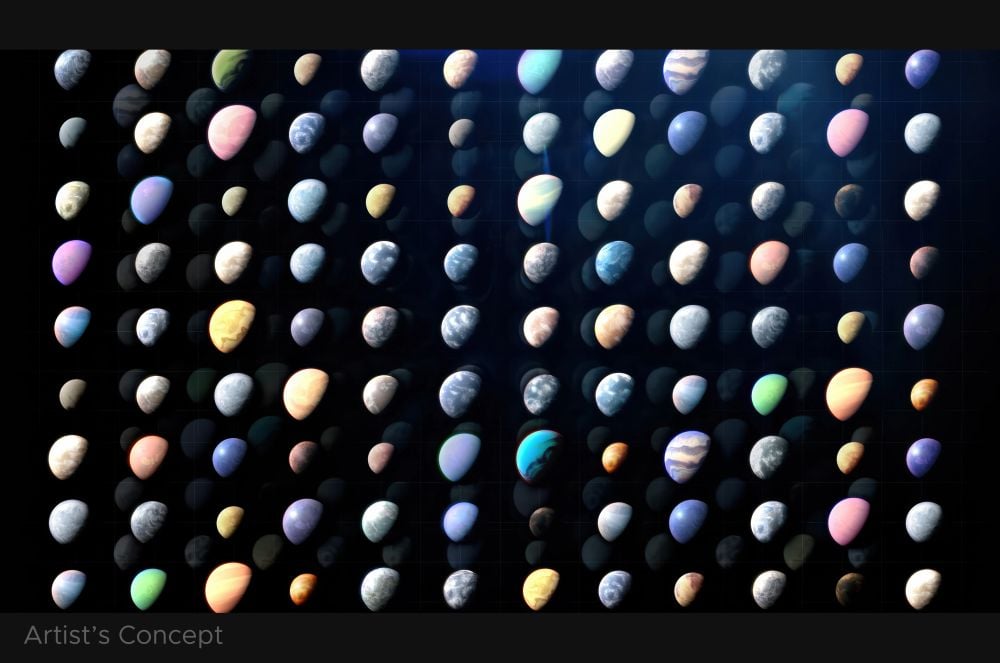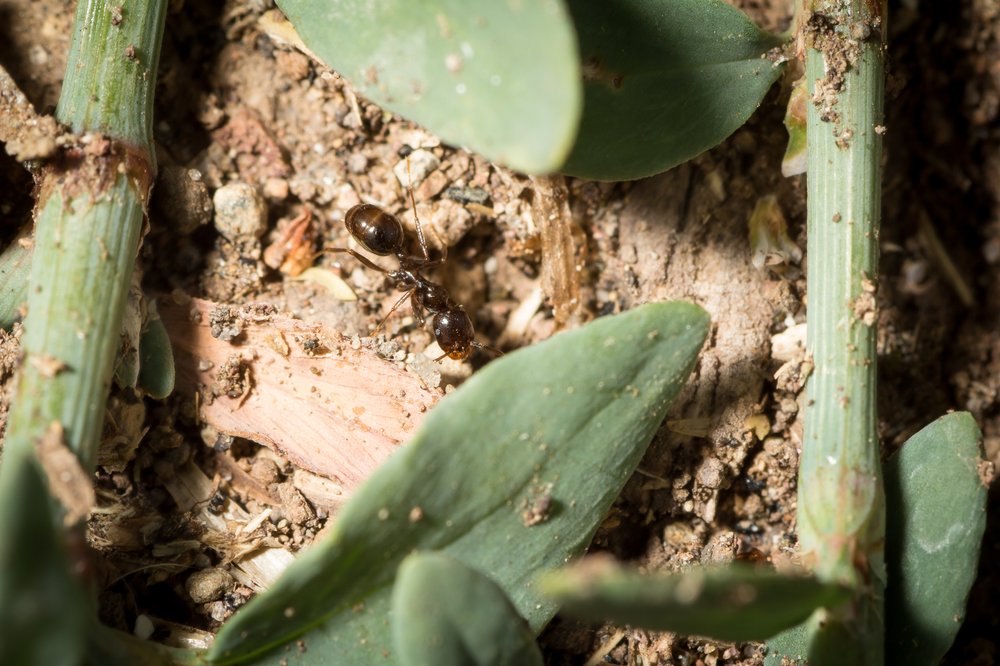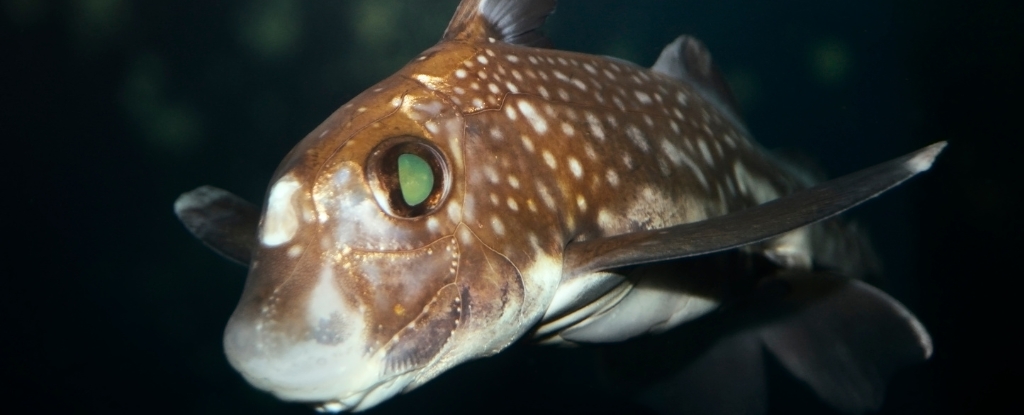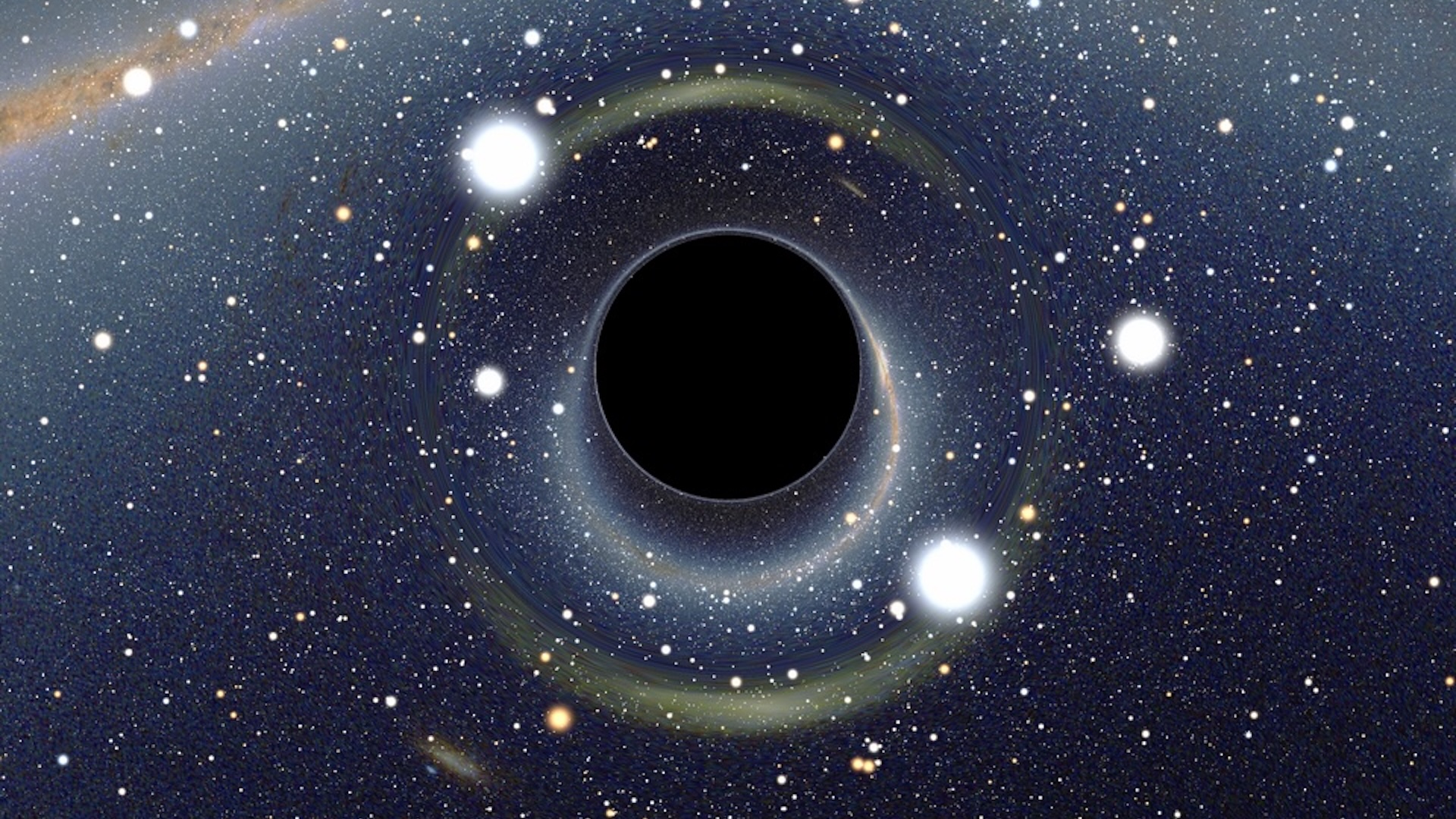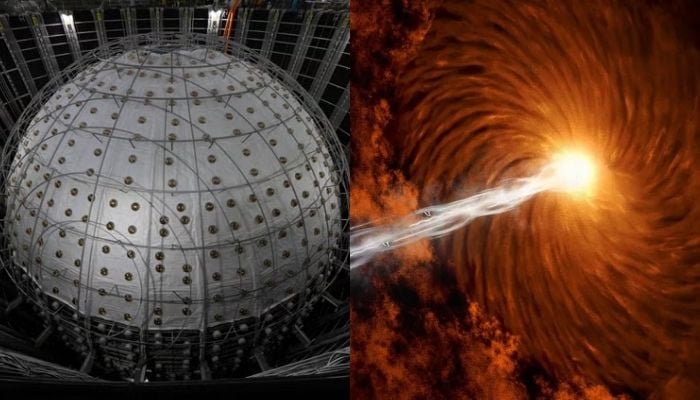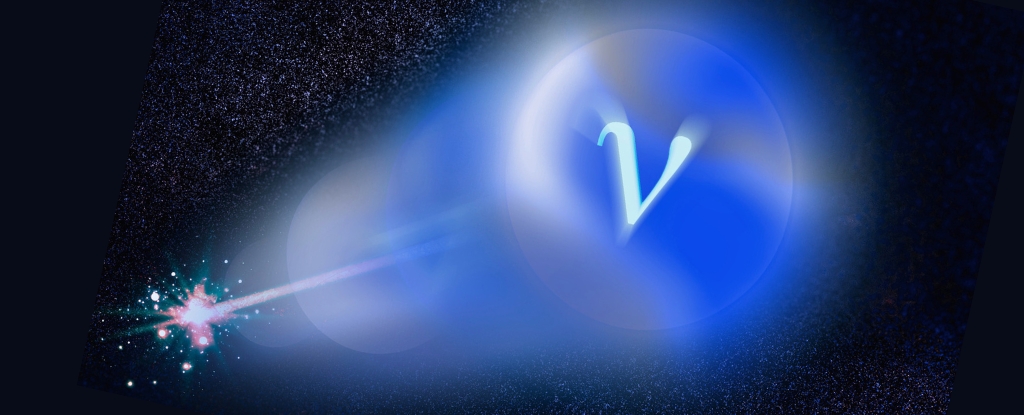AI Generated Dodos: The Shocking Comeback of Extinct Birds in Just 7 Years?

What if a bird that vanished 400 years ago suddenly strutted across your TikTok feed—alive and well? The world’s about to witness the unimaginable: a real-life Jurassic Park moment, courtesy of an AI generated newscast about dodo resurrection.
It’s not science fiction. Texas-based Colossal Biosciences, a biotech startup backed by big-name investors like Tom Brady and Paris Hilton, is on a mission to bring back the dodo—the legendary, flightless bird that has come to symbolize extinction itself. The last reliable sighting of a dodo dates back to 1662 on Mauritius, but thanks to powerful advances in genetic engineering and a bit of AI wizardry, thousands of these iconic birds could be roaming the jungles within just five to seven years.
Let’s take a quick detour into dodo history. The dodo, officially known as Raphus cucullatus, was a giant, quirky, fruit-loving bird that captured the world’s imagination, especially after Lewis Carroll featured it in ‘Alice’s Adventures in Wonderland.’ Despite its pop culture fame, most of what we see today—whether in museums or cartoons—is pure speculation. Fossils give us raw data about their size (about 70 cm tall, weighing up to 12 kg) and possible color (from pale gray to dark brown), but the true image of the dodo is still shrouded in mystery.
So how will the dodo’s grand return play out? Here’s where it gets wild. Colossal’s scientists have managed to culture cells from pigeons—the dodo’s closest living relatives—and are now tweaking genes using advanced AI and gene editing technology. Gene-edited chickens will act as surrogates, injected with the right cells to eventually hatch chicks that will carry dodo DNA. It’s a tricky process, especially since birds can’t be cloned like mammals, but Colossal’s founder Ben Lamm is confident: “It’s five to seven years out, not twenty.”
They’re not stopping there. The company is working with wildlife experts to find safe, rat-free sites in Mauritius for these future dodos to thrive. Their goal isn’t just resurrection for spectacle’s sake—they aim to create a genetically diverse bird population that can survive and help restore the island’s natural ecosystem. The team even claims that this AI generated newscast about dodo revival could be a game changer for global conservation efforts.
But not everyone is thrilled about this real-life dino reboot. Some scientists question whether it’s even possible to bring back a ‘true’ dodo, warning that the best we can hope for is a sort of hybrid—part dodo, part modern pigeon. Critics argue that focusing on de-extinction could distract from protecting the species and habitats we still have. Oxford’s Rich Grenyer even calls the project a “dangerous distraction,” while others worry about the unforeseen consequences of releasing engineered animals.
Despite the controversy, Colossal Biosciences is doubling down. They’re not just betting on the dodo; they’re also working on reviving woolly mammoths, dire wolves, and New Zealand’s giant moa bird, with the dodo project being their most ambitious bird resurrection yet. CEO Ben Lamm is unfazed by the skeptics: “Call them what you want—as long as you’re talking about them.”
Welcome to the era when AI generated newscasts about extinct animals could be your next trending topic. It’s a future where what’s extinct might just be on the verge of going viral—again.




